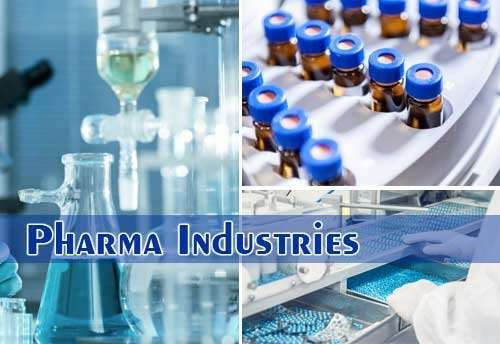
It came as no surprise that majority of Nigerians received, with trepidation, news of the removal of petroleum subsidy by the government of President Bola Tinubu. At his inauguration as the 16th democratic president of Nigeria on 29 May 2023, the president emphatically declared that the days of fuel subsidy were gone. While explaining that the removal process had actually begun under the previous administration and must be decisively implemented by his government, Tinubu assured that the gesture would ensure proper channelling of funds for the development of other critical sectors of the economy.
However, while many agree that the subsidy removal, in itself, is long overdue – considering that it has become a cesspool for siphoning trillions of naira that are never accounted for – there are valid concerns over the implications on the cost of living and doing business in the country. These concerns must be taken seriously and addressed by the government.
Indeed, from the moment the announcement was made by the president, the aftershock began to be felt in the transportation sector, with a sudden rise in the pump price of petrol, from N184 per litre to N500 per litre. Expectedly, this immediately resulted in a 100 per cent increase in fares across the country and by, extension, the cost of commodities.
As analysts have predicted, however, this is just a tip of the iceberg, as more price hikes are expected in the costs of production and essential services across the country. This is particularly disturbing, considering that Nigerians have barely recovered from the untold hardship inflicted on them by the ill-fated naira redesign policy.
The worries and apprehensions take an even more alarming dimension when the potential impacts of the subsidy removal on the health sector and the pharmaceutical industry are considered. Already, stakeholders have forecasted that the decision portends very difficult times ahead. With expected increase in the cost of manufacturing, most patients will be unable to get quality medicines at affordable rates. Indeed, unless government takes decisive steps to alleviate the huge economic toll, many patients will experience deterioration in their conditions, largely due to their inability to cope with the rising costs of drugs.
Affirming these concerns, the CEO of Bloom Public Health, Professor Chimezie Anyakora, an advocate of self-sufficiency in Nigeria’s local pharma manufacturing, recently warned that the shock created by the subsidy removal can trigger many problems for the pharma industry, in particular, and the health sector, in general. He observed that the rising costs of production, which are inescapable consequences of subsidy removal, could force many pharma manufacturing companies out of business, thereby creating a gap in the supply chain. This, the government must avoid at all costs.
The Executive Secretary of the Pharmaceutical Manufacturers’ Group of the Manufacturers’ Association of Nigeria (PMG-MAN), Pharm. Frank Muonemeh also agreed that subsidy removal would affect Nigeria’s clamour for medicine security in many ways. He observed that over 80 percent of pharmaceutical manufacturing activities in Nigeria depend on energy provided by the oil and gas sector and as such, increase in the cost of gas, diesel and premium motor spirit will negatively affect the cost of operations, as well as the purchasing power of citizens.
We agree with these analysts that unless government provides palliatives such as low interest loans and forex at reasonable rates, many manufacturers may be forced to close shop – a development that could lead to loss of employment and lack of competitiveness in the local manufacturing sector. This worry becomes more germane in view of the fact that, prior to this period, availability of forex for the purchase of pharma raw materials has been a major issue, which has crippled the business of many local industry players, in addition to multiple taxation and other import duties on pharma products.
The government must also be wary of the possibility of counterfeiters of medical products exploiting the gap in supply of essential medicines to flood the Nigerian pharma market with fake and substandard drugs. This will be to the detriment of the average Nigerian.
With healthcare being one of the sectors that the president said will be boosted with funds accruing from the subsidy removal, it is imperative for the Federal Government to strike a deal with major stakeholders in the manufacturing industry to ensure the provision of forex at a very reasonable rate, for easy purchase of pharma raw materials and equipment. We also urge the government to heed the call of manufacturers, by re-examining some of its taxations, in order to relieve them of irrelevant tariffs and import duties on machines and other manufacturing equipment. This will go a long way in averting high costs of drugs and subsequent inaccessibility to patients.
We also call on the government to be sincere in its resolve to dialogue with the labour unions on mutually-beneficial ways through which the subsidy removal can bring about economic growth and development such that every sector, especially the health sector, can witness unprecedented positive impacts.













